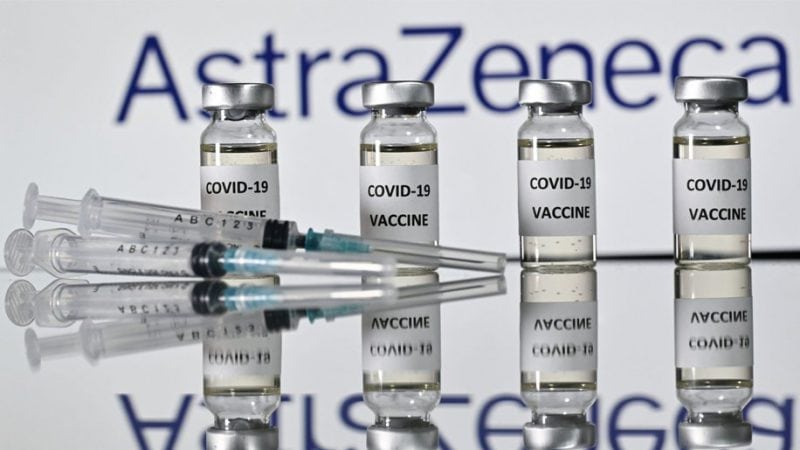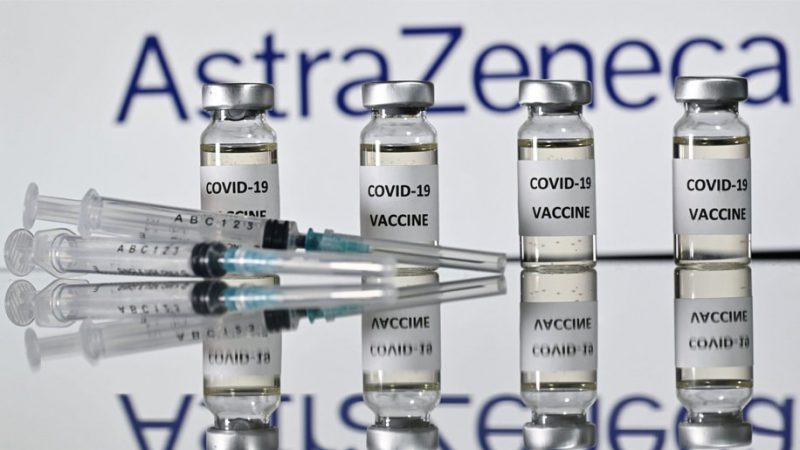Astrazeneca-Oxford Is the Third Vaccine to Produce Strong Results
With more viable COVID-19 vaccines on the horizon, the air cargo industry gears up to deliver
November 25, 2020


As a third coronavirus vaccine candidate report better than 90 percent efficacy in late-stage trials, attention is turning to the speedy and safe delivery of these medicines to stem the tide of the COVID-19 pandemic.
This week the interim results of the Phase III trials of the vaccine developed by Oxford University and manufactured by AstraZeneca were released, showing their COVID-19 vaccine is highly effective and safe.
This is the third major trial to report positive data for a potential COVID-19 vaccine. Earlier this month, the partnership of pharmaceutical giant Pfizer and BioNTech, a German biotechnology company, was first to announce results from its Phase III study.
That was followed by news that the vaccine candidate from biotechnology company Moderna also produced ‘highly effective’ results.
However AstraZeneca says its vaccine can be stored refrigerated at temperatures between 36 degrees to 46 degrees Fahrenheit, making its distribution less problematic than either the Moderna or Pfizer vaccines, both of which require sub-zero storage.
As is the case with the other vaccines, the Oxford-Astrazeneca vaccine requires a two-dose regimen. However the interim results from the trial showed that the vaccine was 90 percent effective with a lower first dose, but only 59 percent effective with a higher first dose.
Researchers are looking at the data to better understand the apparent paradox, but the results may mean that, in addition to the Oxford-Astrazeneca product being easier to store and ship, it may also require less of the vaccine to be effective.
Delivery and Distribution
With the prospect of three vaccines in the pipeline, the air cargo industry is gearing up for handing large-scale transportation and distribution of the products to virtually every corner of the world. In response, the International Air Transport Association released its Guidance for Vaccine and Pharmaceutical Logistics and Distribution.
The IATA guidance points out the need for the reestablishment of air connectivity that has been severely disrupted by the pandemic to ensure adequate capacity is available for vaccine distribution.
Some of the other logistical considerations IATA cites:
• All vaccine products will need to be shipped and stored in some refrigerated state, and both the Pfizer and Moderna vaccines are required to be deep-frozen state, making temperature-controlled facilities across the supply chain essential.
• In addition to being temperature-sensitive, vaccine delivery is also time-sensitive, so border processes, including fast-track procedures for overflight and landing permits for vaccine flights, will need to be worked out in advance between governments.
COVID-19 vaccines will be highly valuable commodities so shipments will need to be made secure from tampering and theft.
The logistics and supply chain challenges are enormous. IATA estimates that providing a single dose of a vaccine to 7.8 billion people worldwide would fill 8,000 747 cargo aircraft.
“Safely delivering COVID-19 vaccines will be the mission of the century for the global air cargo industry,” said IATA’s Director General and CEO, Alexandre de Juniac. “But it won’t happen without careful advance planning. And the time for that is now.”
astazeneca.com, University of Oxford, modernatx.com,pfizer.com, biontech.de, iata.org




